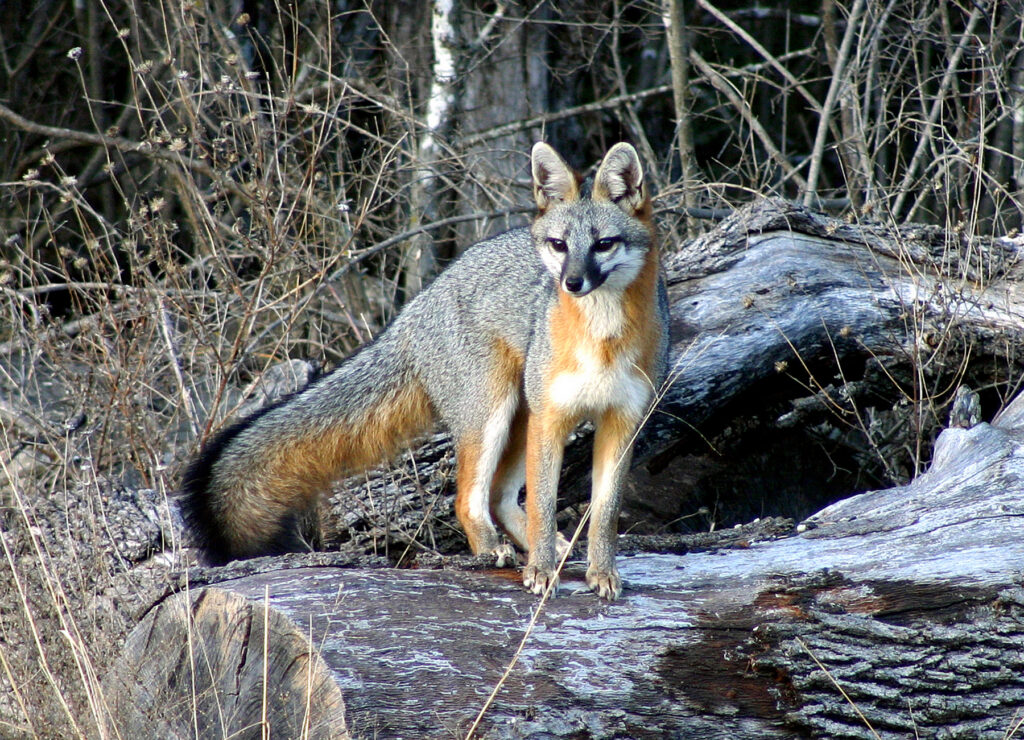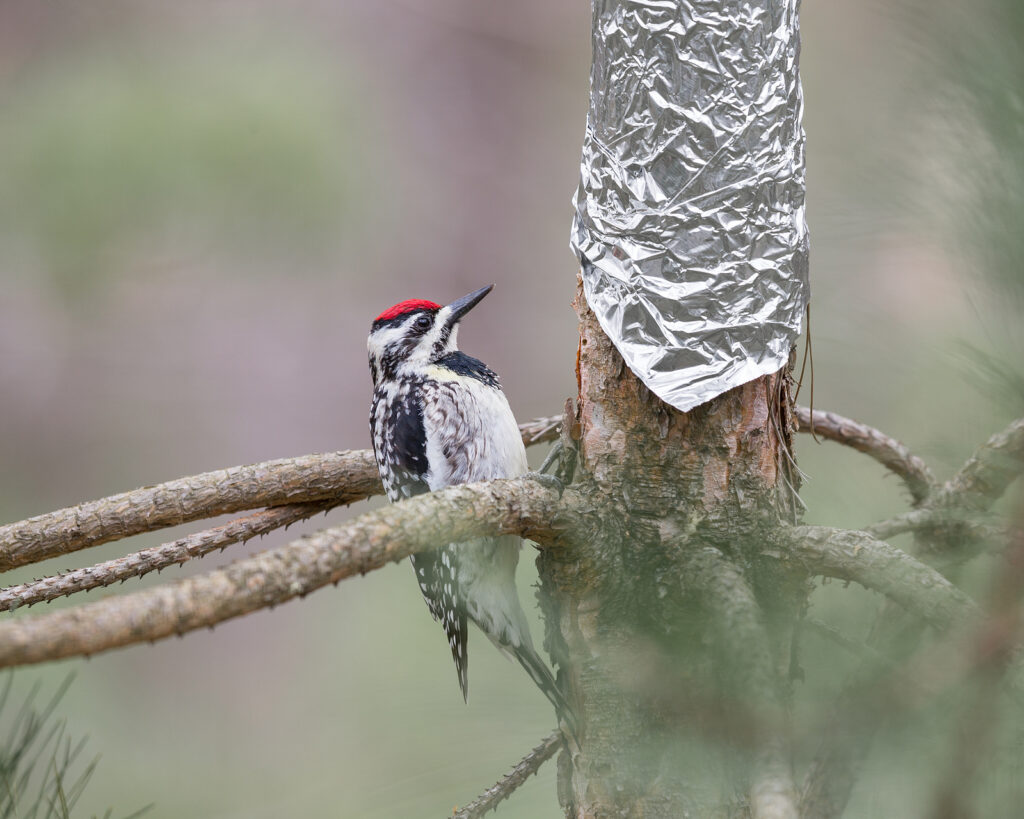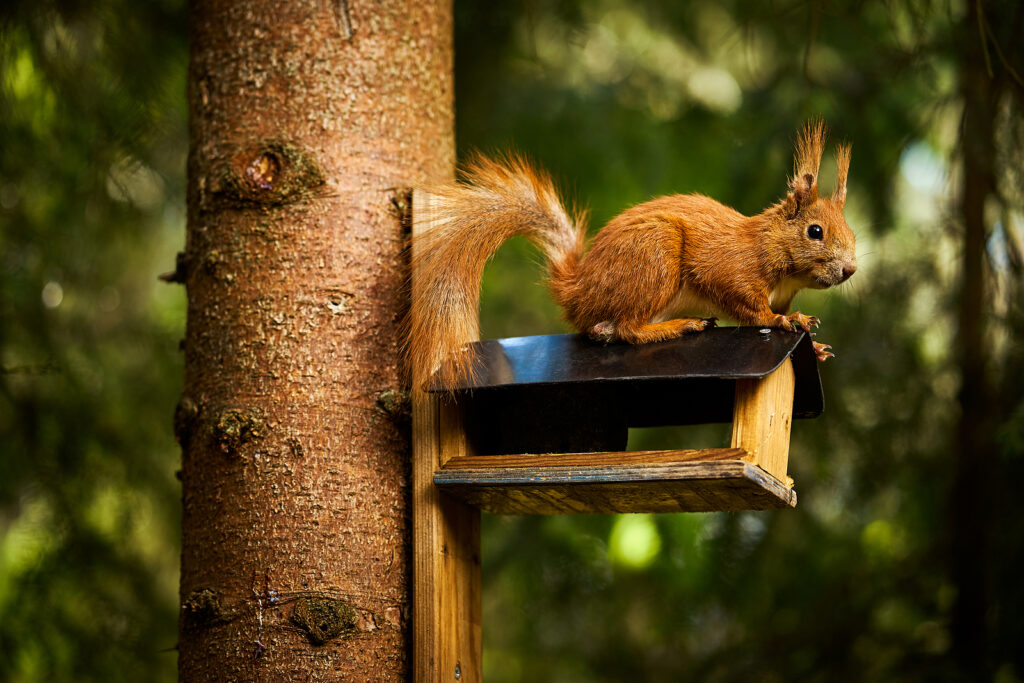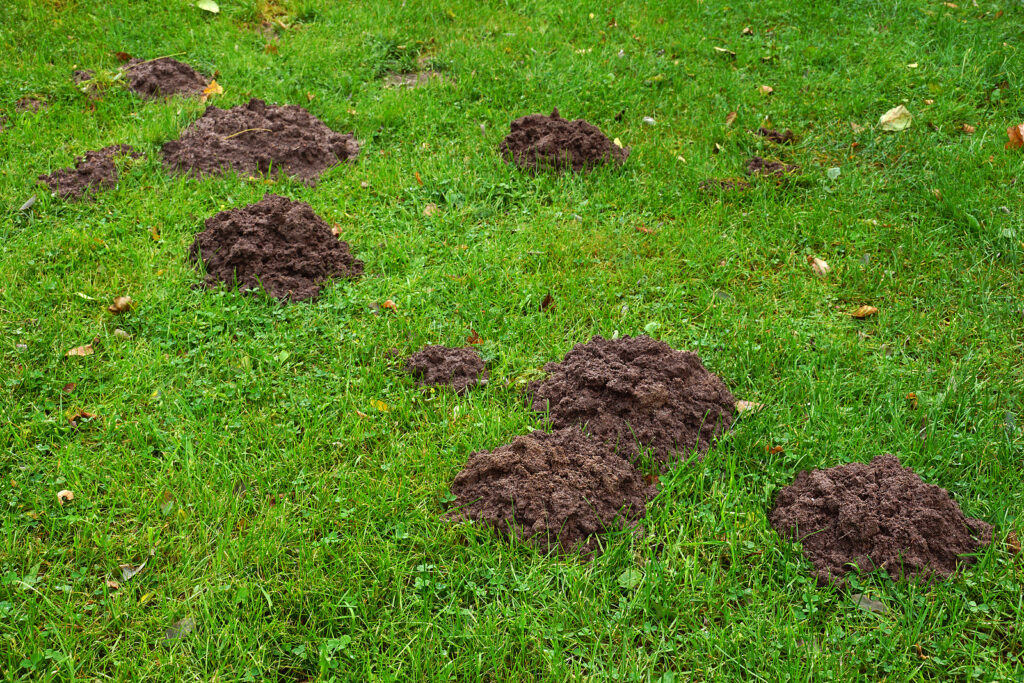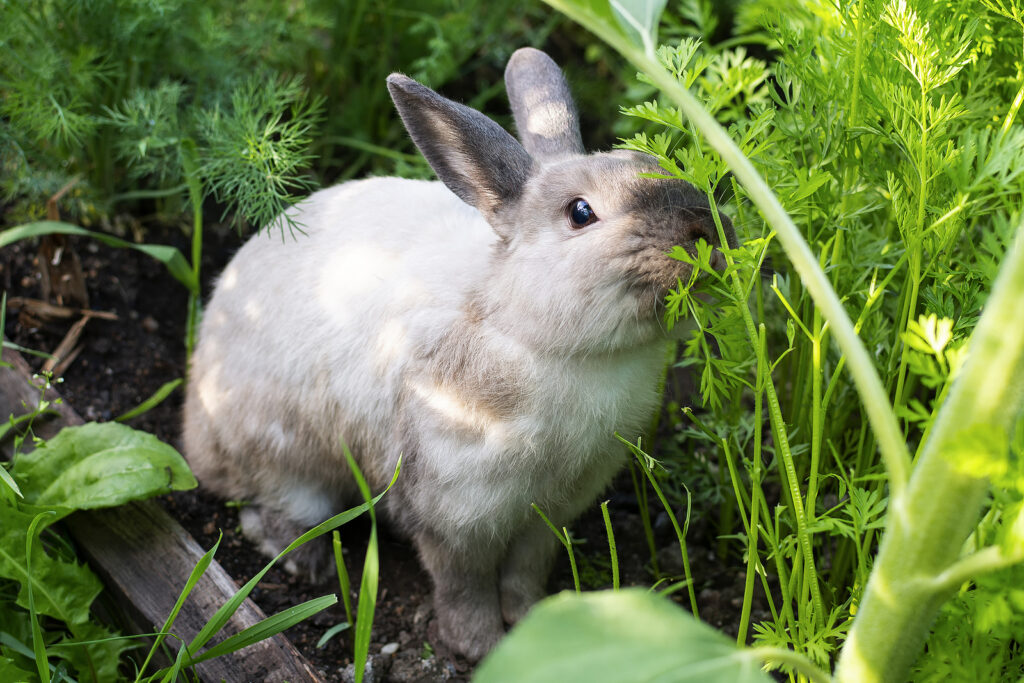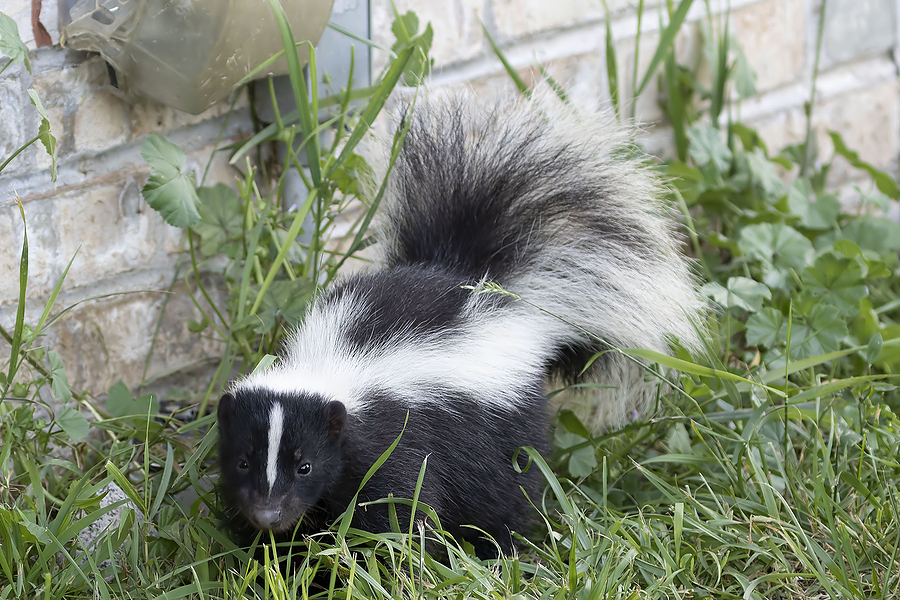Nuisance bat problems are often discovered too late because homeowners are not keen on the common signs of an infestation. If you live near wooded areas or bodies of water, it is safe to say that your home is in a prime spot for wildlife activity, which likely includes bats. This means that it is your duty to protect your home from pest and wildlife infestations before they can happen. Not only do bats carry several diseases and parasites, but they are also capable of causing an extreme amount of structural damage and biohazardous conditions.
It is equally important to catch a bat infestation as early as possible, before too much damage is done. The earlier a bat infestation is addressed, the less renovation and decontamination services are required. Bats like to roost in attics, which is why infestations can go unnoticed for so long. So, what can you do to protect your home from bat damages? You can start by learning how to detect bat activity in your home.
Continue reading to learn the common signs that indicate you have bats in the attic or other area of your home.

Hearing Strange Noises
in the Night?
IT COULD BE BATS.
Most Common Signs of Bats
There are various clues that indicate the presence of bats in or around a house. However, it seems that there are 4 specific signs that are the most obvious to spot. Here is what to look for if you suspect bats are living in your attic:
Bat Droppings (Guano)
If you have bats inside your home, you may see bat droppings near or around their entry points, such as windowsills, doors, roofs, decks, porches, eaves, and awnings. Bat droppings look similar to rodent droppings, but if you cannot spot them, you may be able to smell them. Guano gives off a particular odor that is often described to be similar to ammonia. You can also spot milky-white urine stains on window glass, masonry, siding, and more.
Flying Bats at Dusk
If you are consistently spotting bats flying around your house, particularly around sunrise and sunset hours, it is practical to assume they may be inhabiting your home somewhere. In this case, you would want to seek professional bat removal and control services to have a comprehensive inspection done for the purpose of confirming and resolving a possible bat infestation.
Chirping or Screeching Noises
If you are hearing chirping, chattering, scratching, or scattering noises in the walls, chimney, or other areas of your home, it could be bats. However, it could also be birds; so try to couple this particular sign with other bat-related ones to confirm that your issue is indeed bats and not birds. A professional Nashville wildlife control company can help you with this assessment as well.
Mysterious Grease Stains
Did you know that all bats have a layer of oil on their coats? This layer of oil collects dirt and debris, which causes them to leave behind grime and grease stains around the areas they use to enter and exit a home. If you see an odd opening with a stain around it, it could be an entry point for bats. Look for these openings on your roof, siding, walls, porches, patios, awnings, eaves, and more.
Do you need to get rid of bats in the attic or around your property? Contact Smoky Wildlife Control at 615-610-0962 for prompt and professional Nashville Tennessee bat removal you can afford. We are TWRA licensed and insured, serving both residential and commercial clients.
You Should Also Like:
FAQS About Animal Damages and Clean Up
The Common Signs of Bats in the House
The Top 4 Methods to Get Rid of Raccoons


